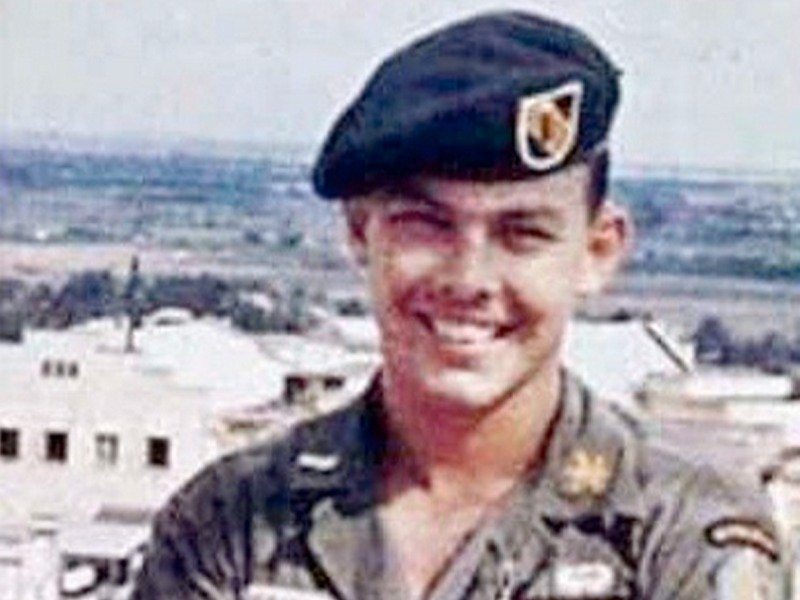On this date in 1989, the US Army Special Forces lost a legend in its ranks. Communist guerrillas assassinated COL. Nick Rowe while on his way to work as a military advisor to the Philippine Army. Rowe had escaped a Viet Cong prisoner of war camp on New Year’s Eve 1968 while being taken to his execution.
After returning to the United States, Rowe developed the Army’s SERE (Survival, Evasion, Resistance, and Escape) School and training at Ft. Bragg, NC, largely based on his experiences.
He also wrote the best-selling book, “Five Years to Freedom” which told the story of his capture, and resistance to the Viet Cong before his daring escape.
Colonel Rowe was being driven to work at the Joint United States Military Advisory Group headquarters in Quezon City, a suburb of Manila, shortly after 7 A.M. when at least two hooded gunmen in a stolen car fired more than 20 bullets into his vehicle.
His driver, Joaquin Vinua, was wounded but was reported out of danger. Colonel Rowe was pronounced dead at a nearby military hospital. Communist Rebels Suspected
No group immediately claimed responsibility for the attack, but Philippine officials said they believed the killers were Communist rebels. The rebels have threatened to attack American targets unless the United States closes its military bases in the Philippines and ends its support of the Philippine military’s fight against the insurgency.
In the fall of 1963, Colonel Rowe, then a first lieutenant in the Special Forces serving as an adviser to South Vietnamese irregulars, was captured by Vietcong guerrillas in the Mekong River delta.
He was held in jungle camps from which he tried repeatedly to escape. Word reached American intelligence officers that he was known to his captors as ”Mr. Trouble.” For much of his captivity, he was held in a bamboo cage and permitted to venture only 40 yards during the day. He busied himself chopping firewood and setting traps to capture small animals to supplement his diet of rice and fish.
Rowe passed himself off as an engineer, knowing that as a Special Forces officer he’d be executed. He kept up the charade for many years until the Viet Cong received information from anti-war activists in the US that identified him as an intelligence officer.
Infuriated his captors were leading him to his execution when he overpowered one of his guards and escaped. Waving his mosquito net in the air at a passing group of US helicopters, he was nearly killed by the chopper’s machine gunner. But seeing his beard, he identified him as an American.
The Special Forces training compound at Camp Mackall, NC as well as the Special Forces obstacle course is named in his honor.
To read the entire archived article from New York Times click here:
